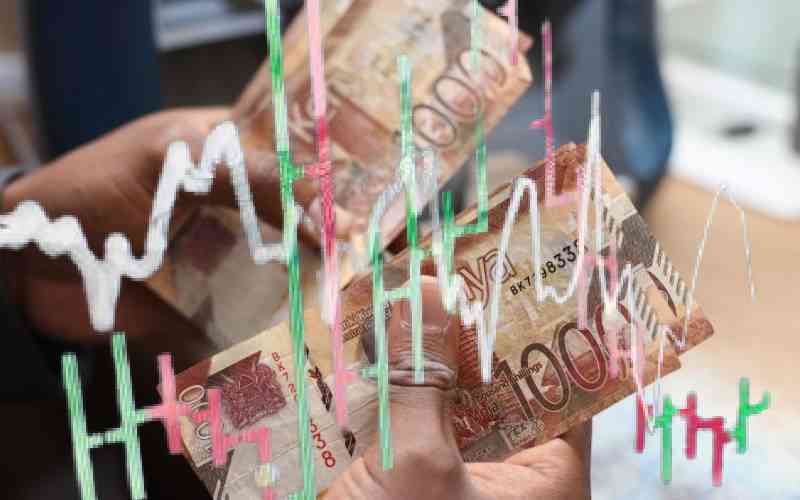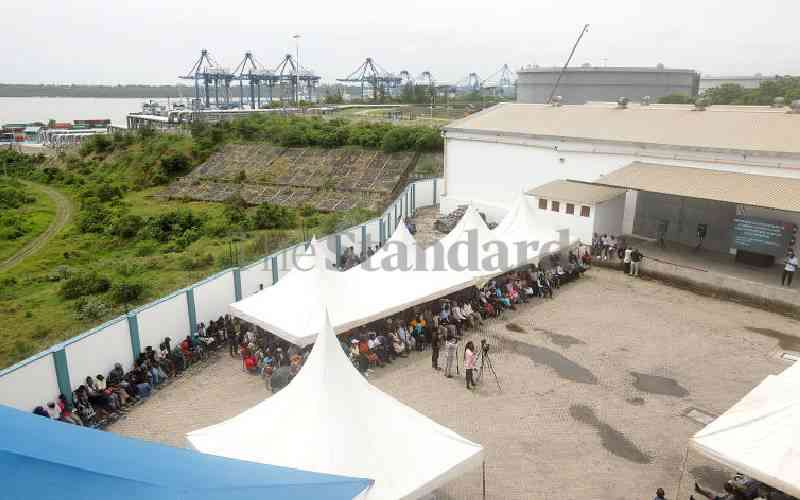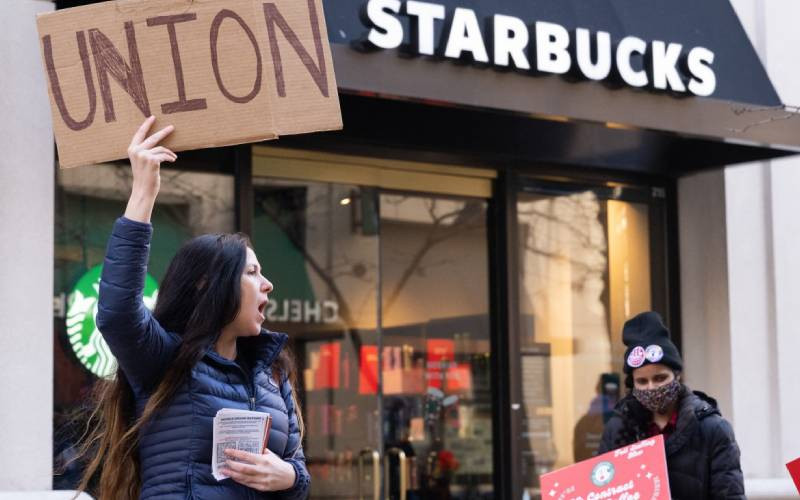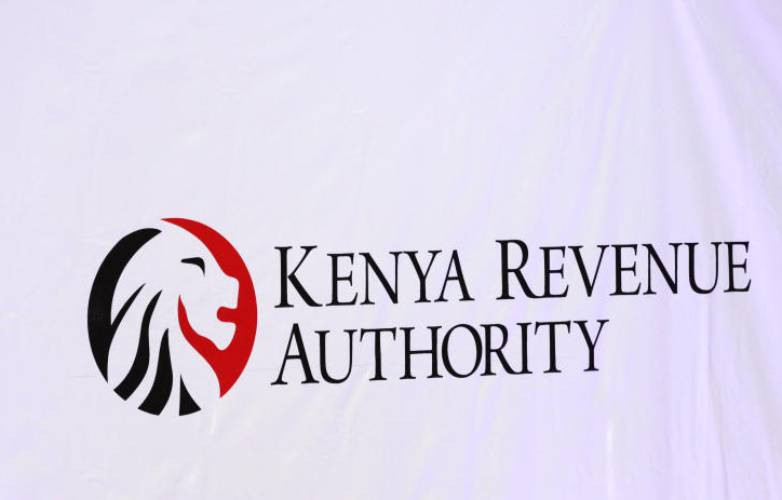
The Central Bank of Kenya (CBK) has revealed that approximately $600 million (Sh77 billion) of the country’s foreign exchange reserves is currently encumbered, meaning it’s tied up as collateral for various financial commitments.
However, CBK Governor Kamau Thugge has assured Kenyans that the usable portion of the reserves, at $8.1 billion (Sh1.044 trillion), remains adequate for the country.
This meets the minimum target of four months of import cover set by the East African Community (EAC).
CBK projects these reserves to reach $8.6 billion (Sh1.1 trillion) by year-end.
The overall foreign exchange reserves have increased to $8.299 billion as of October 9, compared to $7.744 billion (Sh993.3 billion) in September.
Additionally, the shilling has shown resilience against the US dollar in recent months, offering hope for a potential decrease in the cost of living.
The foreign exchange reserves are crucial for government payments, including servicing external debts and funding essential imports like medicines.
The regulator maintains these reserves, primarily in US dollars, euros, and Japanese yen, as a financial safety net to support the economy in times of crisis.
These funds can be tapped to stabilise the shilling and mitigate volatility in the foreign exchange market.
During the post-monetary committee press briefing earlier this week, CBK revealed that about $600 million of Kenya’s foreign reserves are encumbered as collateral for various financial commitments.
“It’s actually very small. Of our total reserves now of about $8.2 billion I don’t think more than $600 million (Sh77.4 billion) is encumbered,” said Dr Thugge in response to The Standard’s queries.
“The gross usable reserves are at $8.1 billion and by the end of the calendar year we expect to reach $8.6 billion.”
The CBK boss, however, did not elaborate on the nature of the encumbrances.

With reserves just short of the 4.5 months of import cover recommended by the EAC, Dr Thugge reckons they are adequate for any eventuality and the country has adequate firepower against any sudden external shocks.
As of October 9, Kenya’s critical foreign exchange reserves increased to $8.299 billion (Sh1.070 trillion), up from $7.744 billion on September 12, according to the CBK’s weekly statistical supplement published yesterday.
“The usable foreign exchange reserves remained adequate at $8,299 million (4.3 months of import cover) as of October 9,” said Dr Thugge.
“This meets the CBK’s statutory requirement to endeavour to maintain at least 4 months of import cover.”
An encumbered security or asset is owned by one entity, but there is also a legal claim to that asset by another entity.
These claims may be due to the owner of the asset owing money to a creditor who uses that asset as collateral. Encumbered assets are subject to restrictions on their use or sale.
The shilling has shown resilience against the US dollar in recent months. Data from the banking regulator indicated that the shilling exchanged at an average of 129.19 against the dollar on Friday, reflecting a strengthened currency compared to previous weeks.
This uptick in the shilling’s value has led to newfound optimism among traders and consumers regarding a potential decrease in the cost of living.
Inflation fell to 3.6 per cent year-on-year in September from 4.4 per cent a month earlier, according to the Kenya National Bureau of Statistics.
Adequate import cover is vital for Kenya, which relies heavily on imports for a wide range of goods.
 The Standard Group Plc is a multi-media organization with investments in media platforms spanning newspaper print
operations, television, radio broadcasting, digital and online services. The Standard Group is recognized as a
leading multi-media house in Kenya with a key influence in matters of national and international interest.
The Standard Group Plc is a multi-media organization with investments in media platforms spanning newspaper print
operations, television, radio broadcasting, digital and online services. The Standard Group is recognized as a
leading multi-media house in Kenya with a key influence in matters of national and international interest.











